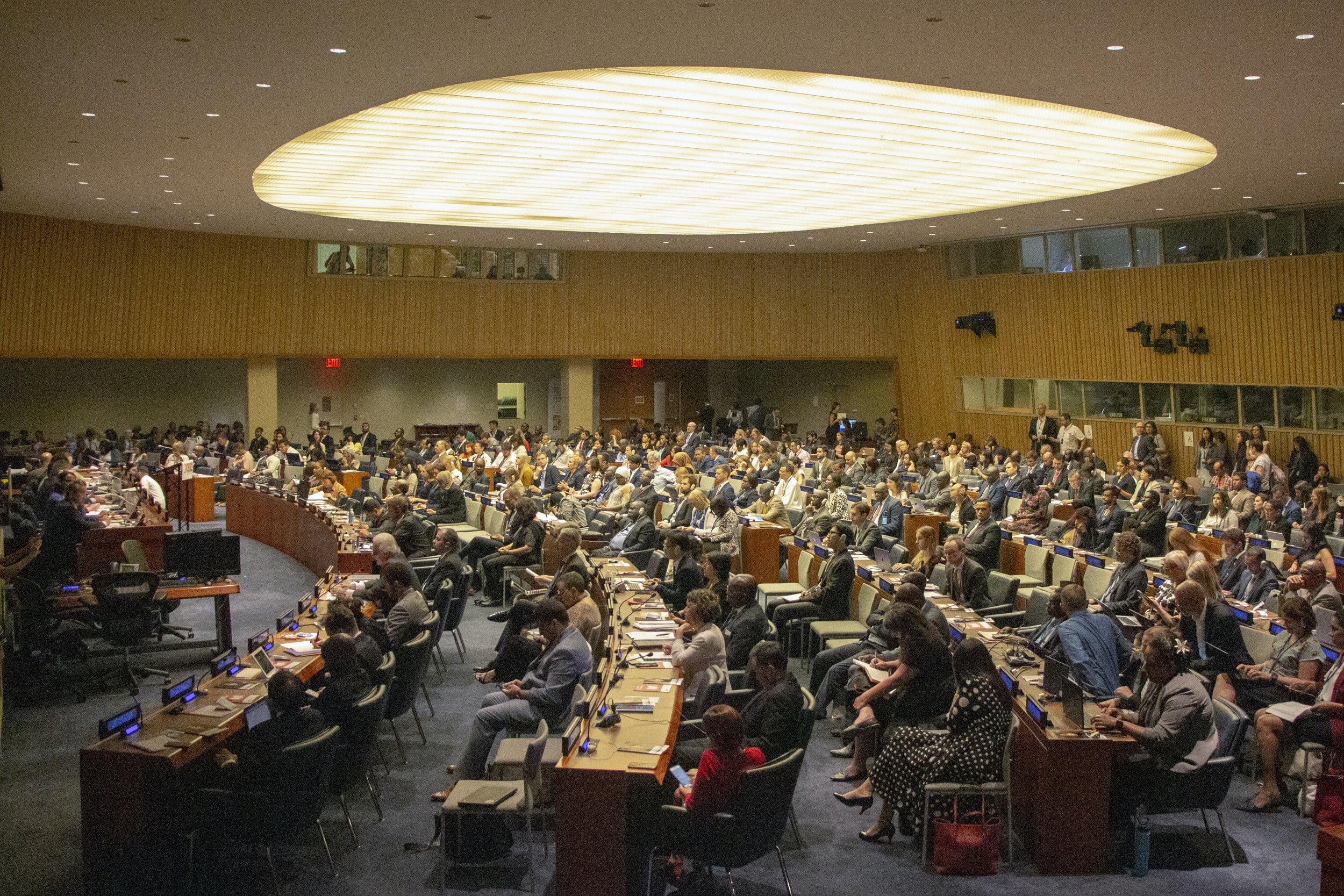Editorial

Bait-and-Switch: Canada’s Immigration Retention Problem
Over the last few decades, thousands of individuals from all over the world have chosen to call Canada “home,” envisioning it as a nation of opportunity, prosperity, and a new life. In 2022 alone, Canada welcomed 437,180 immigrants, a prominent record in the nation’s history [1]. However, while immigration rates are rapidly increasing, emigration rates appear to be rising simultaneously. A recent report titled “The Leaky Bucket: A Study of Immigrant Retention Trends in Canada” by the Institute for Canadian Citizenship (ICC) for the Conference Board of Canada found that onward migration – defined as immigrants leaving their destination country for another – surpassed historical averages in 2017 and 2019 [2].

Food is Medicine for Cancer Prevention
Recent statistics show that cancer accounts for nearly 10 million deaths annually around the world, making it responsible for approximately 1 in every 6 deaths [1]. Among the millions of cases seen globally each year, approximately 400,000 of them are in children [1, 2]. This burden has driven researchers and health care professionals all over the world to dedicate their time, energy, and money to the development of treatments and therapeutic strategies, in an effort to combat cancer. While treatment is undeniably important, it is also very important to consider that between 30% and 50% of cancers are preventable [1]. Despite prevention offering the most cost-effective and long-term strategy for the control of cancer, it is an underserved area of both knowledge translation and research.

The Emergence of Autoimmune Diseases and Associated Disparities in Global Research
In the last few decades, autoimmune diseases (AD) have been increasing in prevalence around the world, especially in Western and developing countries [1]. The common disease pathogenesis is an immune-mediated attack on the body’s own organs, seen in notable ADs such as type 1 diabetes, multiple sclerosis, inflammatory bowel diseases, systemic lupus erythematosus, and autoimmune thyroiditis [2]. Although the reasons behind the increasing prevalence of ADs are not entirely known, there are some hypotheses and trends that could help to explain this phenomenon. Even so, there are gaps in current AD research on a global scale that prevent us from making conclusions surrounding AD causes and risk factors.

The Sierra Leone Mudslide: An Environmental Disaster
Tragically, on August 14th, 2017, the Sugar Loaf Mountain in Freetown, Sierra Leone suffered a massive mudslide…

Addressing Mental Health to Increase Isolation Compliance: We Are All in this Together
As the COVID-19 pandemic progresses, people around the world are being asked to self-isolate for at least a period of 14 days, and socially distance from one another…

Human Encroachment and the Spread of COVID-19
With the spread of COVID-19, classified as a pandemic by the World Health Organization, the global health community has put most, if not all, of its attention on stopping the spread of this virus and treating the thousands already infected…

Responding to War: Is Public Health the Answer?
As current political tensions point toward war, the protection of civilians in conflict area’s right to health must be considered and protected…

The Pursuit of Happiness in Global Health Systems
The way we define health has changed radically in the past century. In 1966, the Alma Ata Declaration brought forward the concept of health for all, without discrimination…

Defining WHO’s Stance on “Health Equity”: Potential Goal of the 72nd World Health Assembly
When we think about global health, the World Health Organization (WHO) is inarguably one of the most prominent players. Acting as the specialized health agency of the United Nations, the WHO operates across a broad array of areas…

Good Parenting for a Good Life: Breaking the Cycle of Street-Involvement (Malezi Bora na Maisha Mazuri)
The streets of Kenya are home to up to 300,000 children and youth (IRIN, 2007), many of whom reside in the city of Eldoret. These young people enter into a life on the streets for a number of reasons…

Addressing Global Mental Health: The Role of Sustainable Development Goals
On September 25, the United Nations voted unanimously to enact the Sustainable Development Goals (SDGs). “Transforming our world: the 2030 Agenda for Sustainable Development” officially comes into effect on 1 January 2016, essentially replacing the Millennium Development Goals that expire later this year…

Combining Epidemiological and Market-based Approaches to Increase Access to Antifungals in Sub-Saharan Africa
Today’s capitalist global economy has perpetuated the serious disparities in healthcare delivery between the rich and poor. Within this economic system, market forces are a greater determinant of medical resource distribution than actual health needs. This imbalance represents a significant barrier to the provision of equitable access to medicines…

Reflections on the Ontario Model World Health Organization
I understood from a very young age that we have yet to find cures for some diseases. What I could not understand was why we had not cured hunger. We know how to fix it, and we can. Yet, hunger and malnutrition persist around the world…

Ebola in Context: Lessons Learned from the Ebola Crisis
The Ebola outbreak in West Africa shared similarities with many previous outbreaks. The paradigm to address it has been predictable, but what made this outbreak fundamentally different is how it rocked the foundations of global health governance on many levels including World Health Organizations, national governments and non-governmental organizations…

What is the Price of a Smile?
The lack of basic resources in many developing countries remains responsible for the death of millions of children annually. Some of the illnesses responsible for such high morbidity and mortality rates can be avoided through simple preventive measures including immunization, access to drinking water, proper hygiene, and appropriate nutrition…

Global Health Opportunities Over the Winter Break
In case you missed them, here are some great sources of global health information to wrap your mind around during the winter break. A great mix of courses, videos and events!
